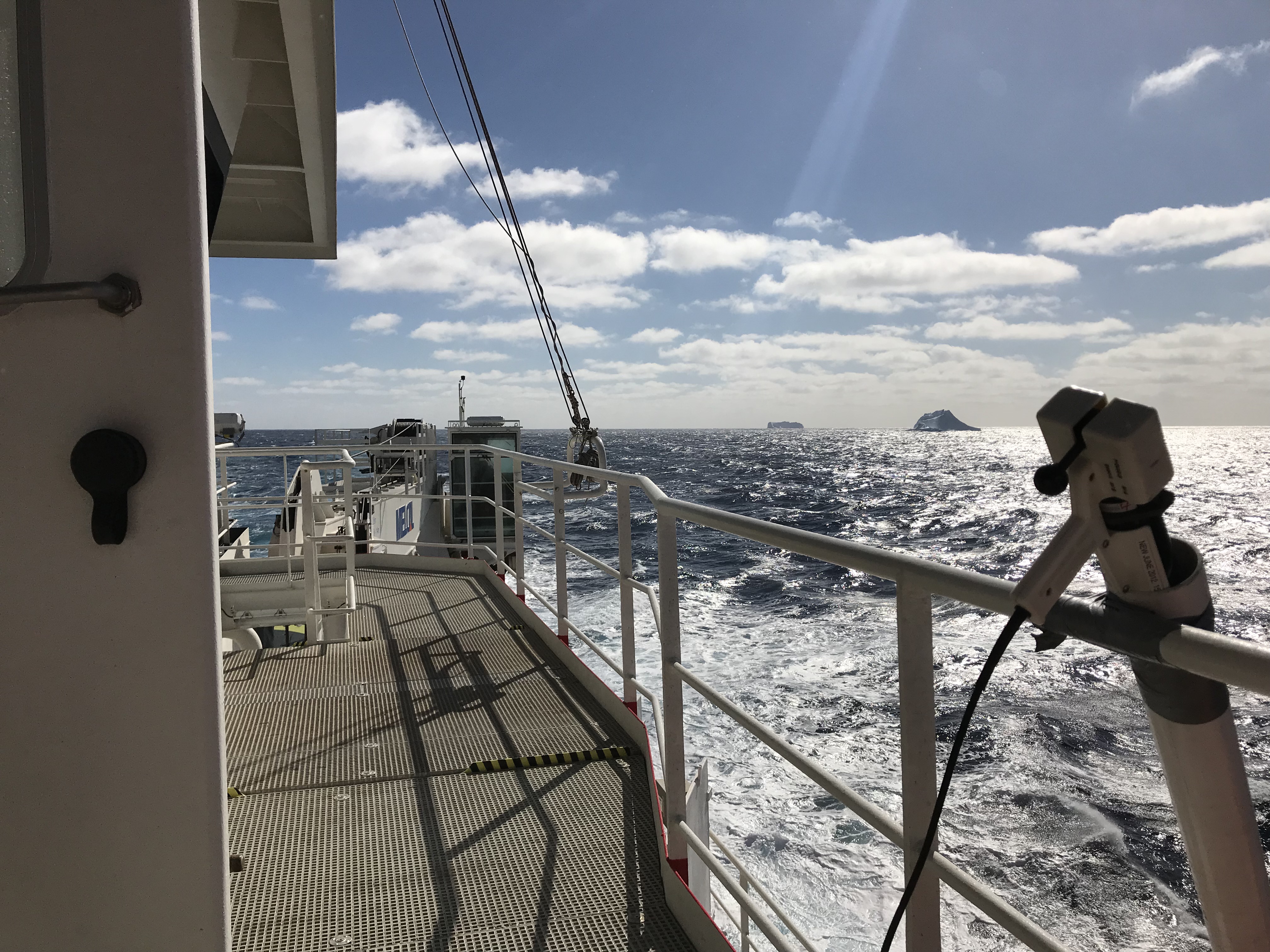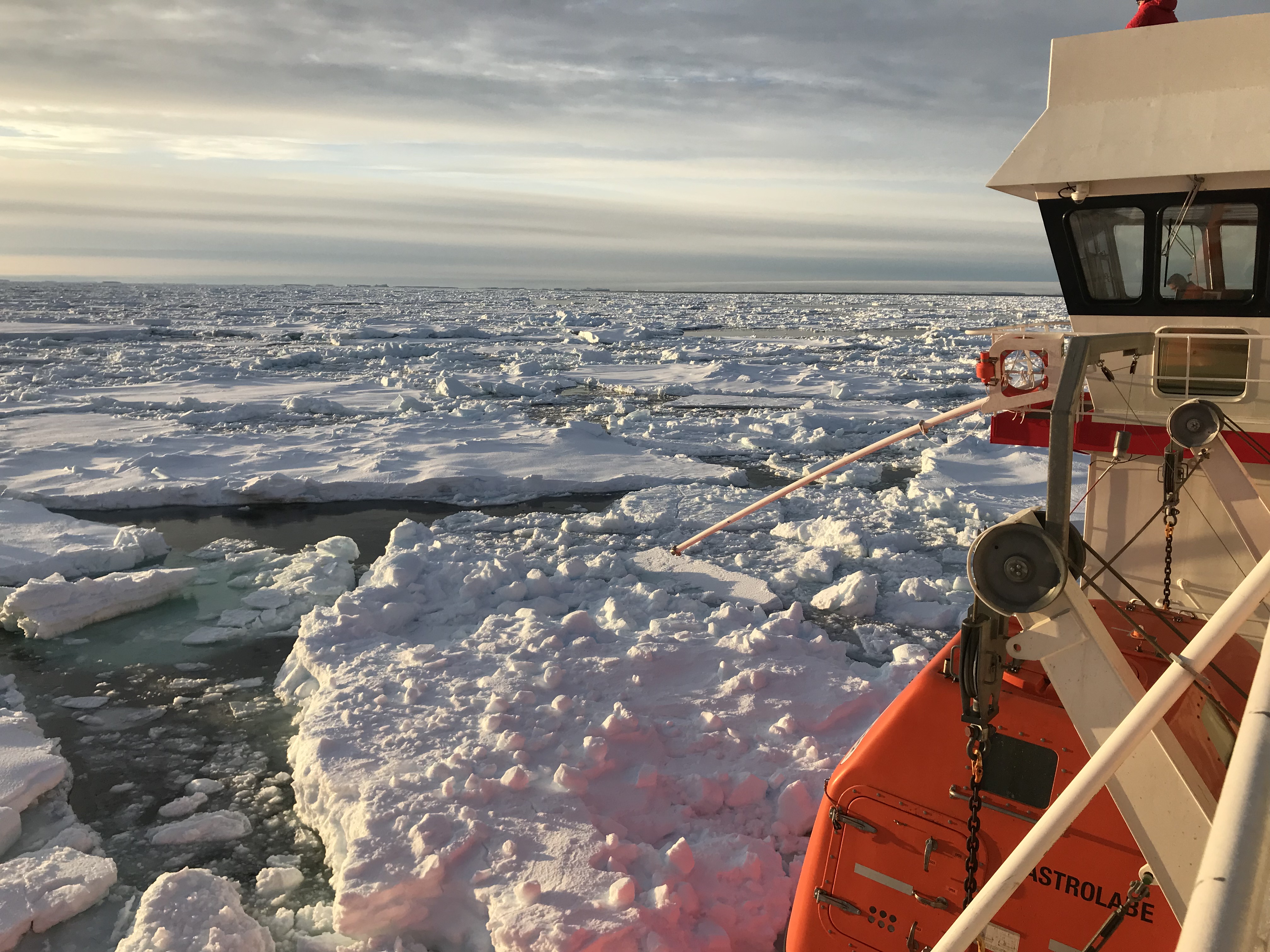CSIRO and co. keep SURVOSTRAL program afloat during pandemic

Since 1992 scientists from Australia, France, and the United States have collaborated to maintain a regular, long-term oceanographic time-series between Hobart, Tasmania, and the French Antarctic base at Dumont d’Urville as part of the SURVOSTRAL program. Hitching a ride on the regular resupply voyages conducted by the French Institut Polaire (generally 5 per year, between October and March) aboard the vessel l’Astrolabe, scientists have been able to collect thousands of valuable XBT temperature profiles to ~800m depth along the line IX28, as well as using the ship’s thermosalinigraph to take high resolution measurements of the sea surface temperature. This effort has yielded a unique, long-term climate-quality dataset in a traditionally data-sparse region, allowing scientists to monitor the pace of climate change in an area that is otherwise difficult to access.
All this changed in 2020, when almost 30 years of continuous observations were nearly brought to a screeching halt thanks to the complications of the coronavirus pandemic. International and state border closures in Australia, uncertainty over the timing and extent of resupply voyages to Dumont d’Urville, together with strict and ever-changing quarantine requirements before visits to both Australia and Antarctica made 2020 a season like no other. Indeed, it was not clear in mid-2020 if the program would proceed at all, which would have marked the first missed season in the program’s history!


By Chris Chapman and Rebecca Cowley (CSIRO Oceans and Atmosphere)






